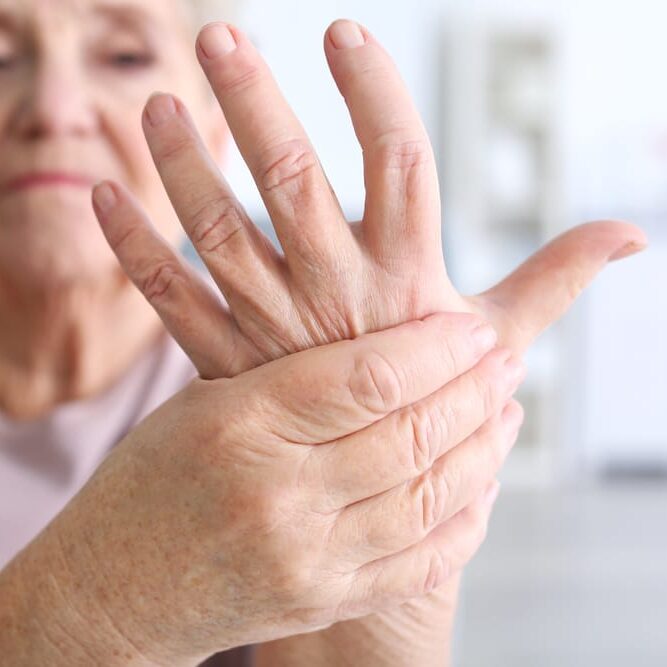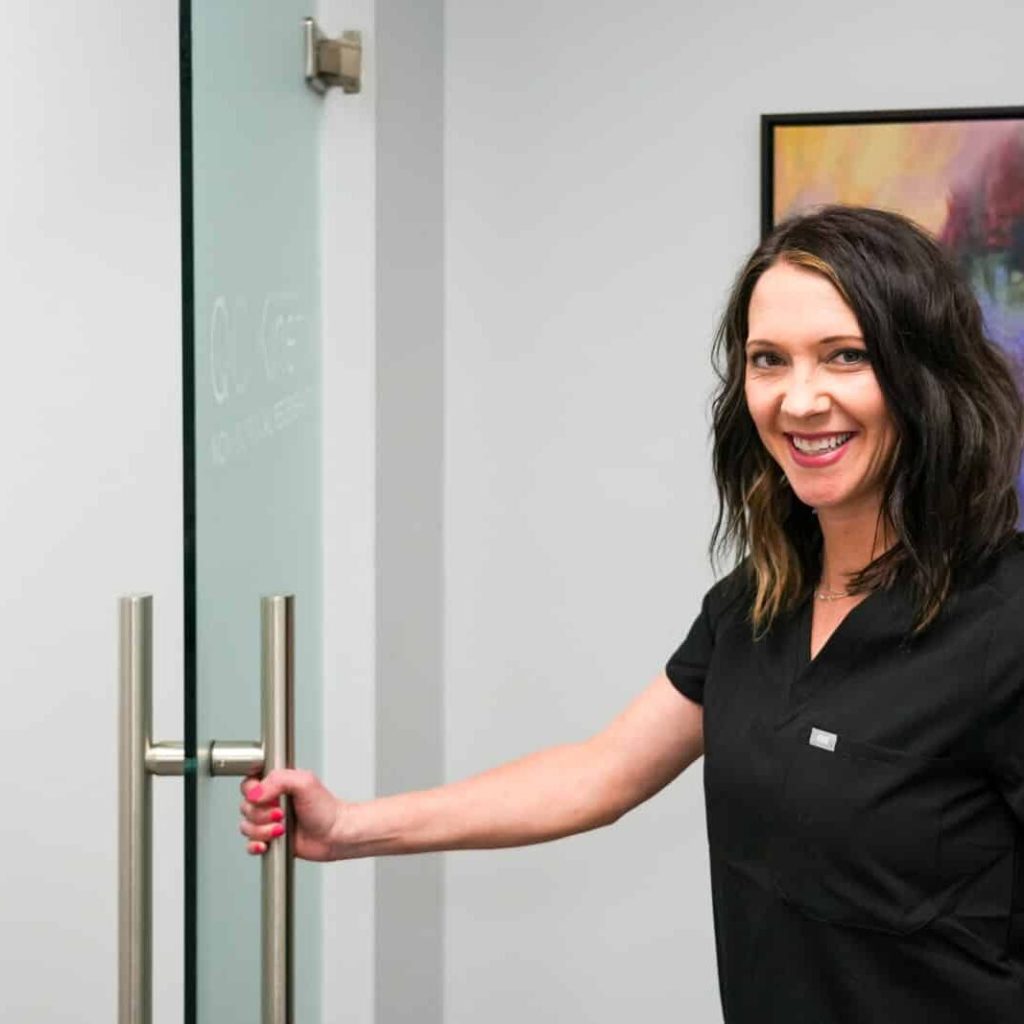
Arthritis, a chronic disease affecting the joints, can strike people of all ages, leading to pain, stiffness, swelling, and limited mobility. While various treatments are available, many of them merely mask the pain. However, QC Kinetix in Nashville takes a unique approach, addressing the root cause of arthritis pain with non-surgical methods.
Arthritis is not a single disease but rather a term encompassing joint pain and numerous joint-related conditions. There are over 100 types of arthritis and related conditions, each with its own characteristics. These conditions can manifest suddenly or develop gradually. While arthritis is more prevalent in older women, it can affect anyone, even young individuals, due to factors like injuries or genetic predisposition.
The most common forms of arthritis are Osteoarthritis (OA) and Rheumatoid Arthritis (RA). OA is typically associated with age and joint overuse, while RA is an autoimmune disorder. RA can lead to severe symptoms, including immune system inflammation and joint deformities. Both conditions result in the breakdown of cartilage, the cushioning tissue within joints, leading to increased friction and pain.
Numerous treatments have been developed to alleviate arthritis pain, but their success rates vary. Some options include painkillers, anti-inflammatory medications, exercise, massage, physical therapy, and immunosuppressants. In severe cases, corticosteroid injections or surgery may be recommended.
Surgical approaches to arthritis pain relief are complex and carry significant risks. These surgeries can sometimes exacerbate pain and reduce mobility. Even when successful, they involve a lengthy and painful recovery process with potential complications such as infection, joint stiffness, and nerve damage.

QC Kinetix in Nashville specializes in providing relief to individuals who have arthritis without resorting to surgery. Our approach begins with thoroughly evaluating your specific condition through advanced diagnostic procedures. We understand that not all patients are candidates for non-surgical treatments, and some may genuinely require surgery. We aim to determine whether our non-pharmaceutical and non-surgical regenerative therapies suit you.
If our methods can provide arthritis pain relief for you, we’ll discuss our natural biologic protocols and supplementation. These approaches aim to help your body repair and restore damaged joint cartilage. We encourage you to ask questions and seek a comprehensive understanding of your treatment options.
Arthritis is a debilitating condition that affects people of all ages and can significantly impact your quality of life. While various treatments are available, QC Kinetix in Nashville offers a non-surgical alternative that targets the root cause of arthritis pain. We believe in providing you with the knowledge and solutions to make informed decisions about your health. If you’re ready to bid farewell to arthritis pain, schedule a free consultation with QC Kinetix in Nashville at the top of this page or call (844) 809-PAIN (7246). Take the first step towards a pain-free future.
This completely depends on your specific condition and its severity, which we cover in detail with you at your complimentary, no-obligation consultation.
While we have seen patients have long-standing relief after their initial injection series, this does vary from patient to patient depending on many factors, including how active a patient continues to be. Osteoarthritis is a chronic, degenerative condition and while we feel that regenerative medicine protocols are an outstanding way to combat the pain of this degenerative process, these treatments are not a cure for this condition.
This is an extremely important question. In our opinion, success isn’t just a matter of having less overall pain. We strive to improve your overall quality of life. Sure, this includes decreasing your pain levels, but we also want to see things like improved function, range of motion, improved sleep patterns, taking fewer medications (or lower doses), and being able to enjoy life more. Instead of just looking at a simple pain scale number, we focus on quality-of-life metrics. In this light, the vast majority of our patients have success with regenerative medicine for their knees.
Class IV laser therapy is a helpful adjuvant to the regenerative medicine therapies we use. When used alone, it is useful for some temporary relief only. We utilize it in combination with our additional protocols to improve the tissue environment.
A series of the biologic regenerative medicine therapies; consideration of appropriate knee bracing, if warranted; and physical therapy after the initial treatment series.
When left untreated, sports injuries can lead to local scarring of tissue. The chronic pain of sports injuries can also put undue stress on other parts of the musculoskeletal system that can lead to pain in other areas as well.
The pain due to muscle tears, tendon injuries, ligament injuries, bursitis, and more.
There are many ways to work on low back pain because it is a very complicated problem with many potential causes. While we use our regenerative medicine protocols successfully with many low back pain issues, we also strongly encourage things like physical therapy, Pilates, and yoga to help enhance the results you can obtain from our protocols.
There are times when one or both are appropriate to use. We discuss this in detail with you when you begin your plan of care with us.
The pain related to osteoarthritis, rheumatoid arthritis, and psoriatic arthritis.
Usually, this is determined by a good history and physical exam, followed by imaging with x-ray, ultrasound, MRI, or a combination of all three modalities. Sometimes, blood work may also be warranted in the work-up of arthritis.